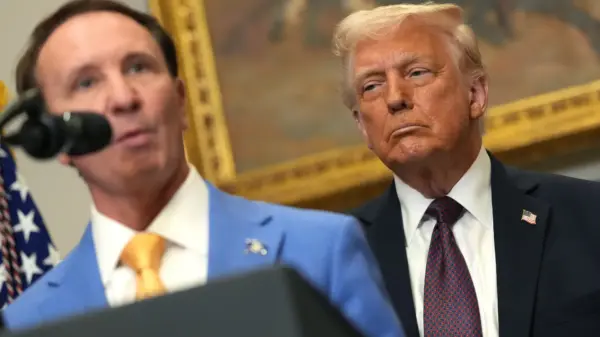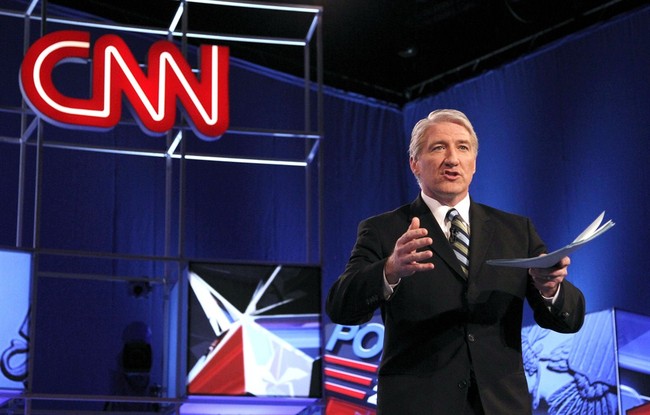CNN political analyst John King reported that none of the Trump voters he spoke to have shifted their support away from President Donald Trump due to the ongoing discussions surrounding Jeffrey Epstein. In a segment aired on CNN, King communicated that his outreach to several Trump supporters revealed a consistent message: their primary concerns lie with economic issues rather than the Epstein narrative.
King stated, “I just reached out to a whole bunch of our Trump voters… None of them said they’re turning on the president. And they all say costs, the economy, are way more important to them.” His remarks came as narratives within certain media circles suggested a potential fallout between Trump and his voter base regarding Epstein’s connections and the implications of those ties.
The continued focus on Epstein by some media and political commentators appears to be an attempt to leverage the scandal against Trump, but King’s findings indicate that this strategy may not be resonating with voters. The feedback he received underscores a broader sentiment among Trump supporters that issues like inflation and job security take precedence over sensational stories.
Media’s Perception vs. Voter Reality
In what seems to be a persistent narrative from certain factions of the media, there exists a belief that Trump’s handling of the Epstein situation could lead to disillusionment among his supporters. Yet, King’s interactions challenge this notion, suggesting that many voters are unfazed by the allegations.
A number of online commentators have expressed frustration, asserting that there is a disconnect between media portrayals of Trump voters and the realities they experience. Many supporters argue that they can critique certain actions without abandoning their overall support for the president. This viewpoint highlights a more nuanced understanding of voter loyalty, one that does not hinge solely on any single issue or scandal.
Despite the media’s efforts to emphasize dissenting opinions, King’s report reveals a persistent backing for Trump, indicating that economic factors remain the cornerstone of voter concern. This scenario raises questions about the effectiveness of media narratives in influencing public opinion about political figures.
Implications for Future Political Discourse
The implications of King’s observations are significant as the political landscape continues to evolve. Understanding the priorities of Trump supporters could shape future strategies for candidates across the spectrum. If economic issues remain paramount, politicians may need to adjust their focus to align with voter interests.
Moreover, King’s report reflects a larger trend within the media landscape, where narratives often clash with the lived experiences of voters. As this dynamic unfolds, it is crucial for analysts and commentators to remain attuned to the actual concerns of the electorate rather than relying on assumptions or prevailing media narratives.
As the political cycle progresses, the steadfastness of Trump supporters, as illustrated by King’s findings, suggests that campaigns must engage with the electorate’s real priorities. The challenge for media outlets will be to accurately represent these sentiments while navigating the complexities of political reporting.







































































